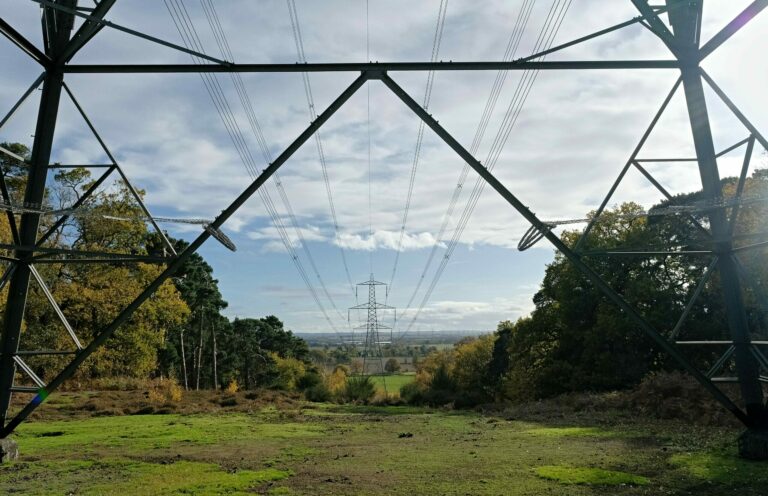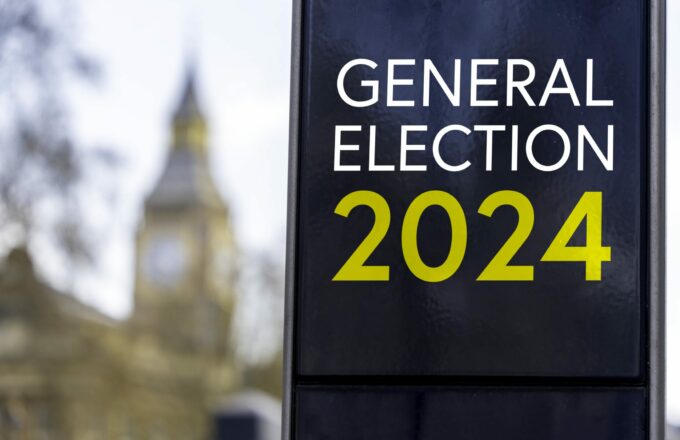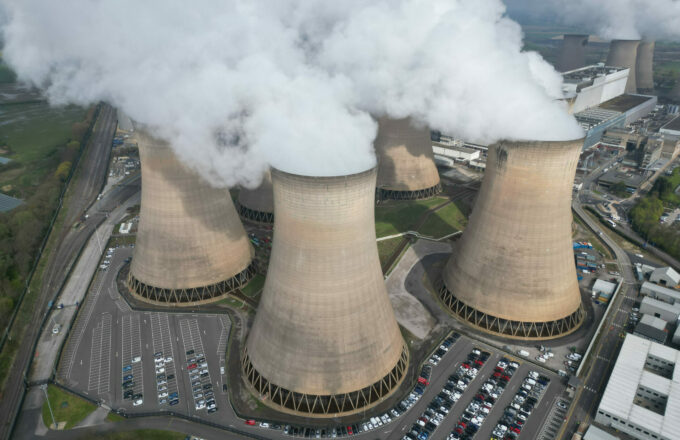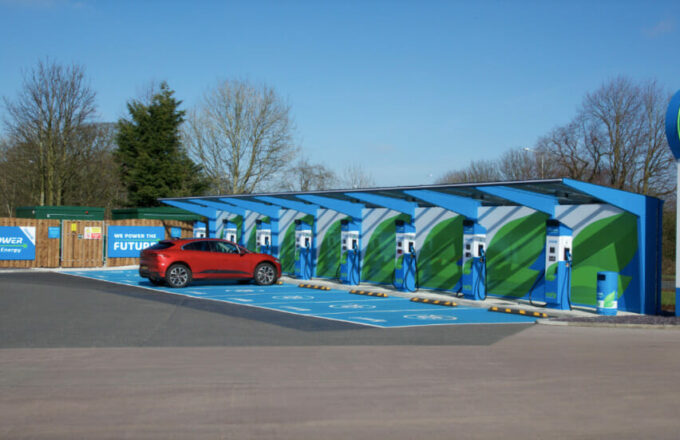UK National Grid chief warns of need for planning changes

Over the current decade, the UK will have to build around seven times as much infrastructure as it has constructed in the past 32 years to meet the country’s renewable energy goals
That statement came from National Grid CEO John Pettigrew during an interview with the BBC, during which he said that huge changes in planning and regulation are vital for the Government to hit its target of a 400 per cent in offshore wind by the end of the decade.
Otherwise, he warned, it will not be possible to build the hundreds of miles of new onshore cables and overhead pylons needed to shift energy from the east coast of the UK to the south of England where it will be chiefly used.
“We’re going to need changes to regulation, to the planning process, but we also need to work with local communities. They should get the benefits when they’re hosting this infrastructure,” Pettigrew said.
Although former Prime Minister Liz Truss unveiled multiple supply side reforms in an attempt to liberalise planning laws,
It is unclear whether new Prime Minister Rishi Sunak will be equally as bullish on planning law liberalisation as his predecessor. The Government has already rolled back plans to reintroduce fracking and there are concerns over the status of onshore wind developments.
Pettigrew has played down the prospect of blackouts, stating that the “base case” assumption is the UK would have enough supplies to meet heating and lighting demand this winter.
Short rolling power cuts rolled out regionally are a possibility in a “worst-case scenario”, he said, adding that “this isn’t a time for people to panic”.
National Grid is working on a host of scenarios to protect the country from supply shortfalls from Europe, including restarting coal-fired power stations and paying households and businesses to reduce consumption levels by shifting electricity usage to off-peak times.
Elsewhere, the Welsh Affairs Committee has warned that a lack of UK Government leadership on improving grid connectivity threatens the green jobs and skills needed to reach net zero, and Wales’s renewable energy potential in particular.
Inaction and delay, the Committee said, holds back progress towards greater energy resilience and puts at risk economic growth for communities across Wales that are poised to exploit opportunities ranging from floating offshore wind to tidal energy.
The Committee acknowledged the positive work underway. This includes National Grid ESO’s blueprint to connect offshore wind to the grid and the appointment of a Networks Commissioner tasked with reducing timelines for grid connectivity. However, it went on, more intensive grid reform, led at the Westminster level, is necessary to support the anticipated demand for renewable energy and to make decarbonisation in Wales a reality.
Learn more

- Article
- Industry News
Carbon Brief site spells out 65 challenges facing Labour

- Article
- Industry News
Could coal fill the gap if weather stresses the grid?

- Article
- Industry News
UK Power Networks/Motor Fuel Group tie-up speeds up forecourt electric charging

- Article
- Industry News